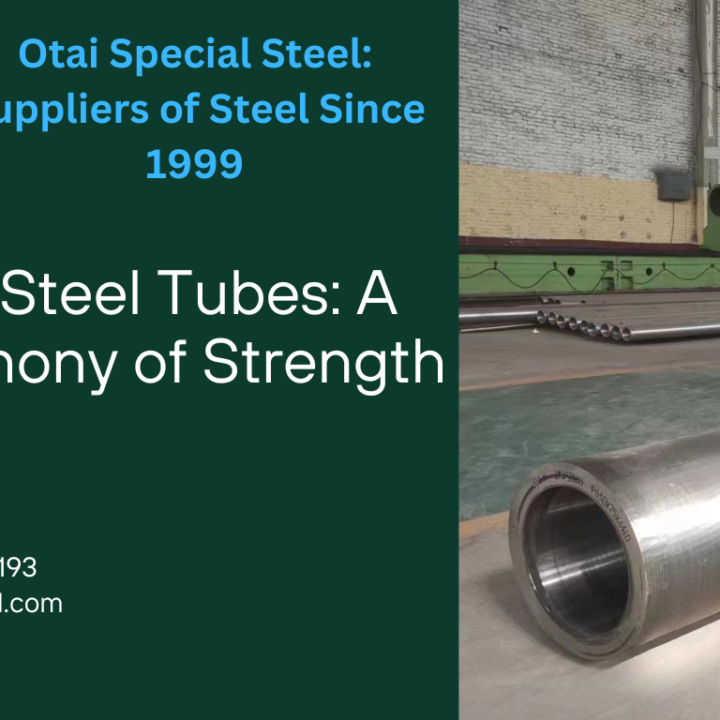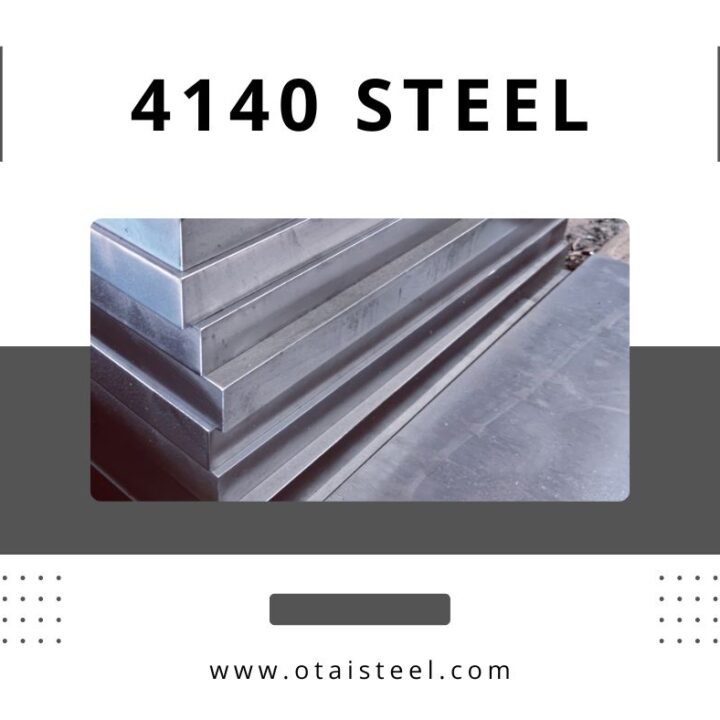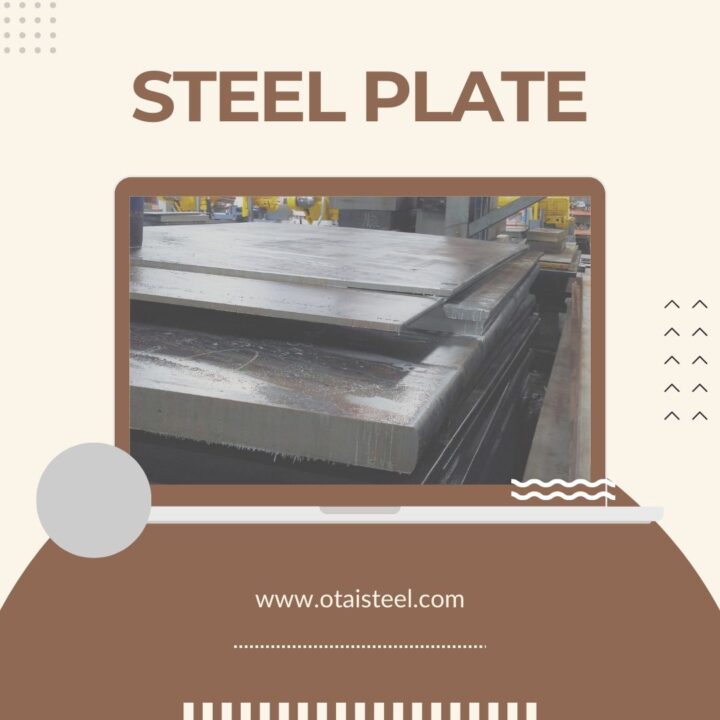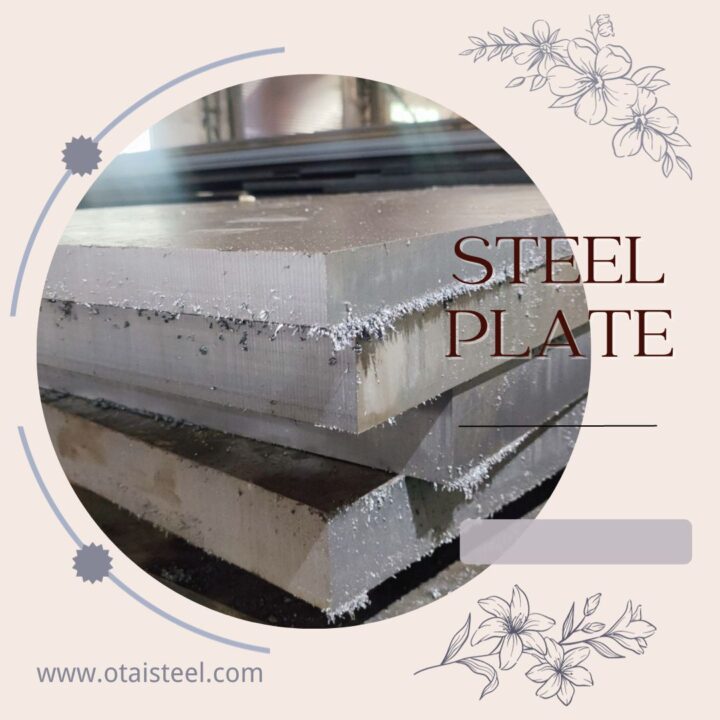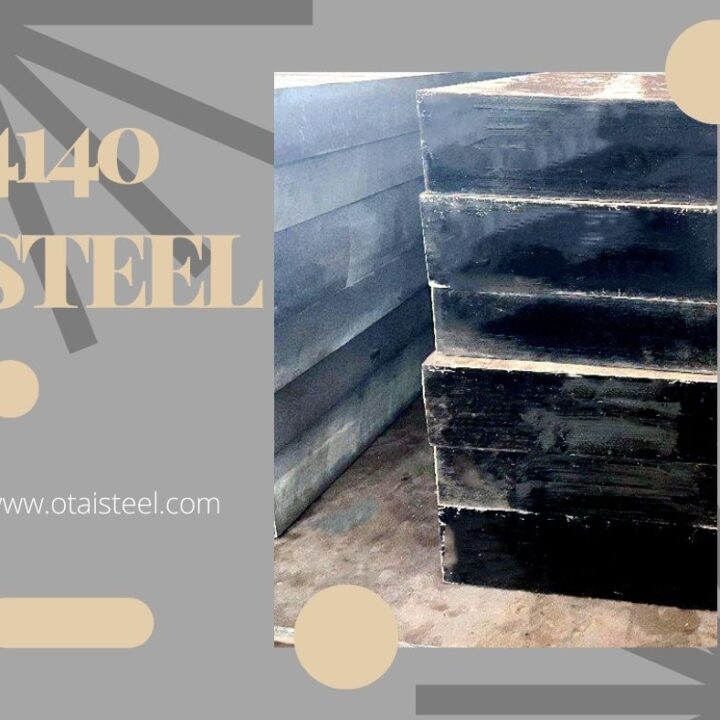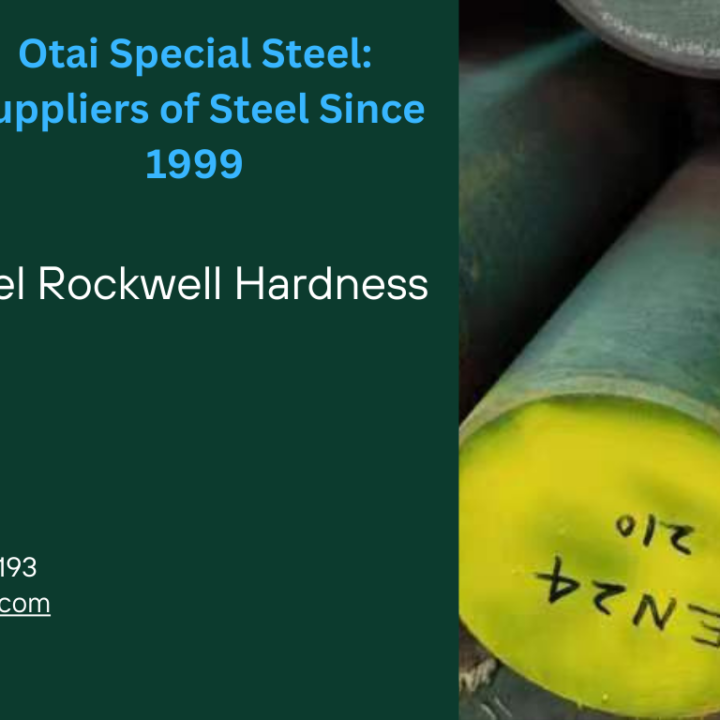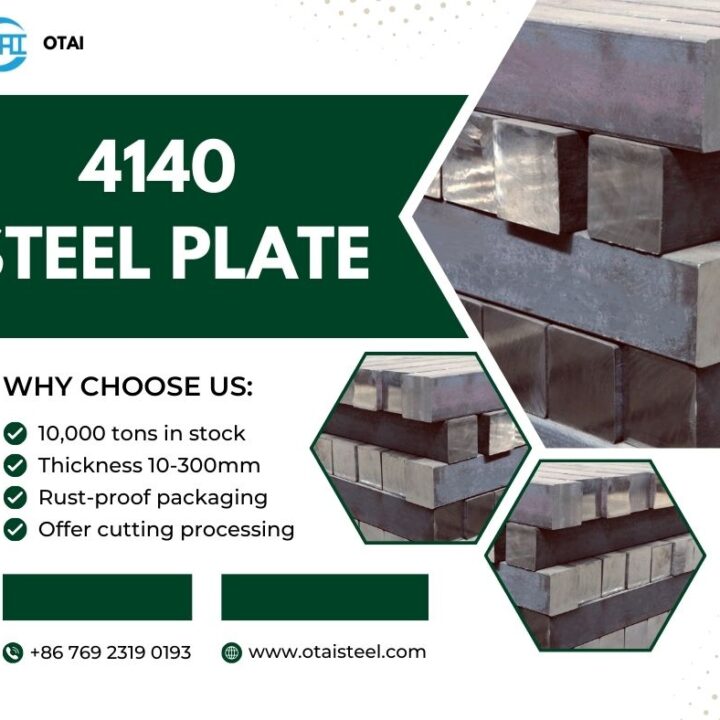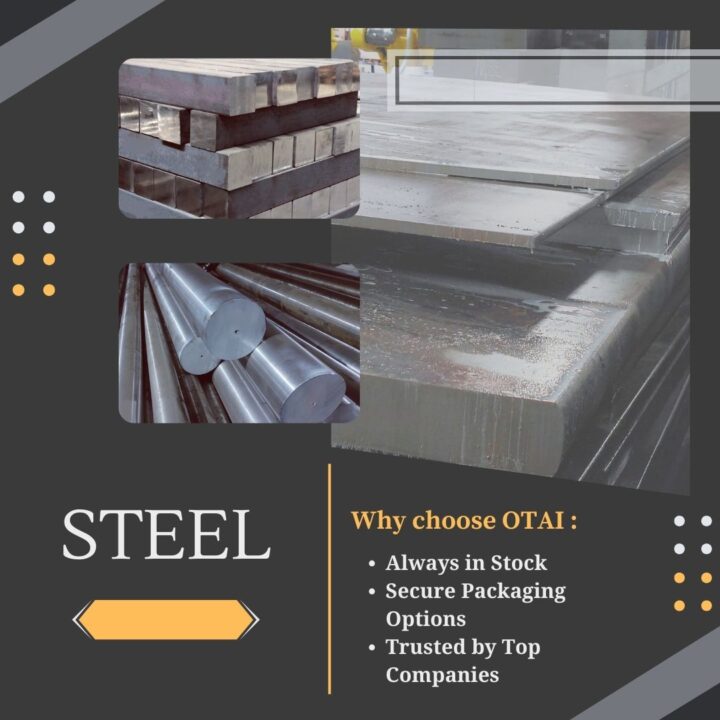4140 steel, also known as AISI 4140 or SAE 4140, is a versatile and high-strength alloy steel widely used in various industries. Its popularity stems from its exceptional mechanical properties and the ability to be heat-treated for different applications. (4140 Steel Round Bar Specifications)
Chemical Composition
The chemical composition of 4140 steel includes essential elements such as iron, carbon, manganese, phosphorus, sulfur, silicon, chromium, and molybdenum. These elements contribute to the steel’s strength and durability.
Mechanical Properties
- Tensile Strength
One of the key characteristics of 4140 steel is its impressive tensile strength. It can withstand substantial loads without permanent deformation, making it ideal for applications that require high-stress resistance.
- Yield Strength
The yield strength of 4140 steel is also noteworthy, indicating its ability to return to its original shape after being subjected to a specific amount of stress.
- Hardness
4140 steel is heat-treated to achieve a desirable level of hardness, which enhances its wear resistance and durability.
Heat Treatment
- Annealing
Annealing is a heat treatment process that involves heating the steel to a specific temperature and then slowly cooling it. This process relieves internal stresses and ensures uniform properties throughout the material.
- Normalizing
Normalizing is another heat treatment method used to refine the grain structure of 4140 steel, improving its mechanical properties.
- Quenching and Tempering
Quenching involves rapidly cooling the steel after heating it, while tempering reduces its hardness. This combination of processes results in a balanced material with both strength and toughness.
Machinability
4140 steel is known for its excellent machinability, allowing for easy shaping and forming. It is a preferred choice for parts that require intricate machining.
Weldability
Weldability is an important consideration in many industries. 4140 steel can be welded successfully, but precautions should be taken to ensure the integrity of the welds.
Applications
4140 steel finds applications in a wide range of industries, including automotive, aerospace, oil and gas, construction, and manufacturing. Its versatility makes it suitable for various components and structures.
Advantages of 4140 Steel
The advantages of using 4140 steel include its high strength, durability, and resistance to wear and tear. These qualities make it an excellent choice for demanding applications.
Common Uses
Common uses of 4140 steel include manufacturing of shafts, gears, axles, bolts, and structural components. Its reliability and performance make it indispensable in these applications.
Comparison with Other Steels
4140 steel is often compared to other steel alloys like 4130 steel and 4340 steel. Each has its unique properties and applications, and choosing the right one depends on specific requirements.
Availability and Sourcing
Sourcing 4140 steel round bars is crucial for any project. Ensure a reliable supply chain to meet your production needs and timelines.
Maintenance and Corrosion Resistance
Proper maintenance and protection against corrosion are essential to extend the lifespan of 4140 steel components. Regular inspections and coatings can prevent deterioration.
Safety Considerations
When working with 4140 steel, safety precautions should be in place to protect against potential hazards associated with its use and processing.
Cost Analysis
The cost of using 4140 steel should be weighed against the benefits it offers. Consider factors such as material cost, machining costs, and long-term durability.
4140 steel round bar specifications make it a top choice for various industries. Its exceptional mechanical properties, versatility, and reliability make it an indispensable material for a wide range of applications.
